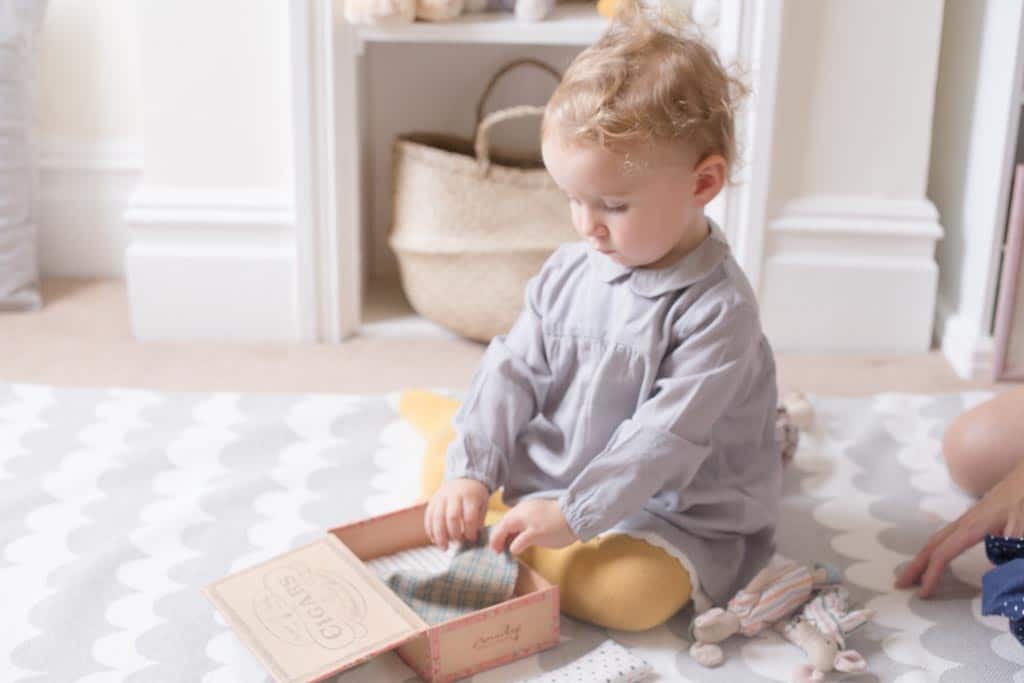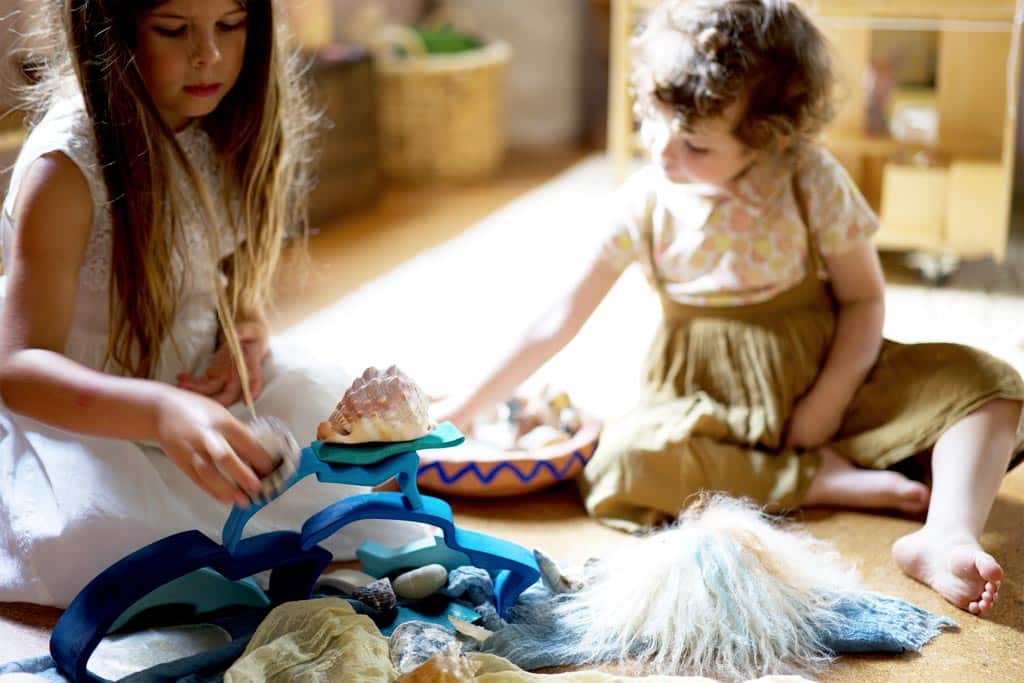As a child, you remember sitting for hours, making your own fun, without the constant supervision or attention of your parents. You recall a sense of deep absorption in your games and how powerful and vivid your imagination had been during these hours spent happily at home or in the garden.
But your own children find it more difficult. Why can’t they focus like you used to be able to?
You feel like you have to be with them constantly. How can you help your children become more independent?
The reasons why our children might not play as independently as we did are many, from 24-7 children’s TV and parents working at home, to increased road traffic and fears around child safety. These are issues no-one can solve overnight.
But despite all that is working against it, independent play can be facilitated and encouraged, and to an extent taught. Making some simple changes and adjustments to the way toys are stored and accessed, scheduling time for independent play and having the confidence to trust that your child can and will overcome their perceived boredom when the ‘entertainment’ is taken away, are just some of the first steps to fostering a culture of independent play at home.

What’s more, the benefits of independent play for children (and us!) are significant. The child who can play happily under his or her own steam for an extended period of time, is one who has confidence in their own abilities and is able to think creatively and problem-solve from an early age. They can focus and persevere with tasks because they understand the satisfaction of seeing something through, and have the intellectual resilience to do so. In this sense, successful independent play lays strong foundations for a positive experience at school.
With all these benefits to boast of – happier, more rested mums and dads, children who can play contentedly while also developing so many vital skills – a culture of independent play at home is a win-win situation for everyone.
If you’re interested in upping your child’s independent play time but don’t know where to start, download the One Hundred Toys Guide to Independent Play here. It’s full of information and advice on how to prepare your child and home for independent play, ideas for activities and troubleshooting tips for when you need a bit of extra help. We hope you like it.





